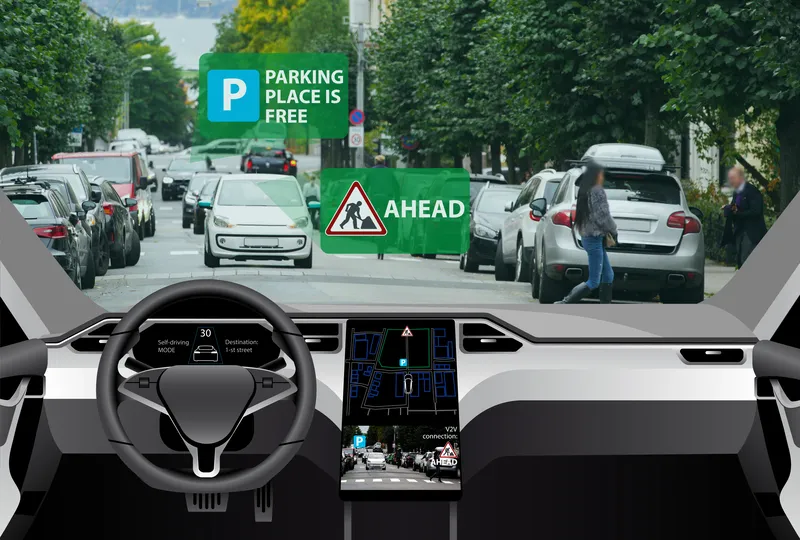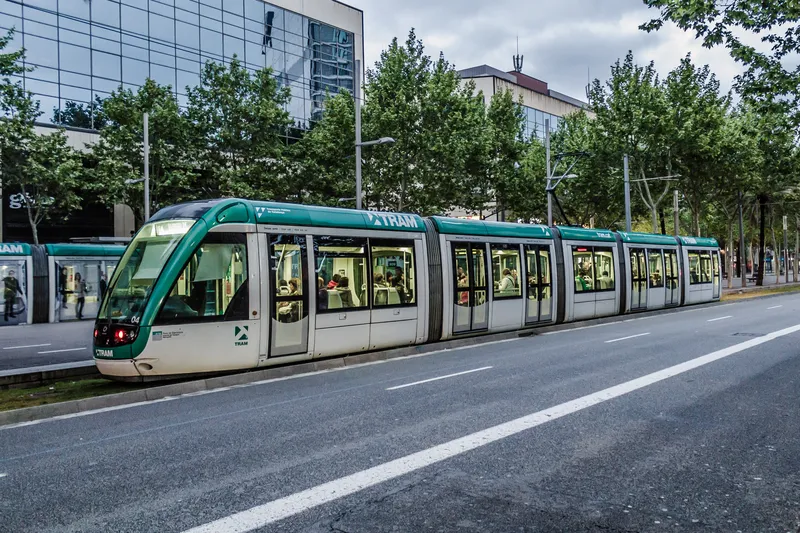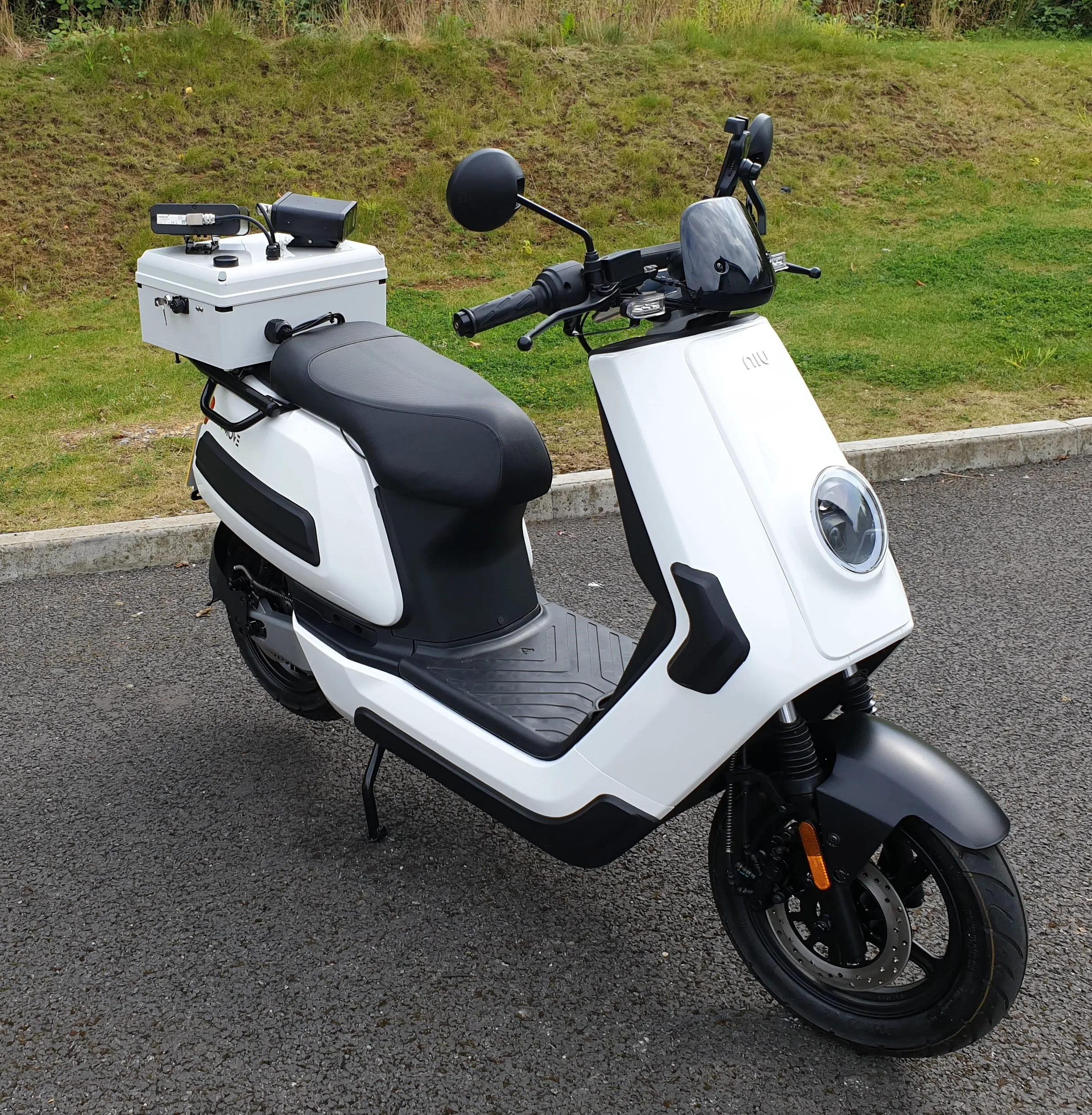
The OmniAir Consortium has confirmed that Dekra in Spain is now an OmniAir authorised test laboratory (OATL) for LTE-V2X PC5-based, Cellular Vehicle to Everything (C-V2X) technology.
OmniAir‘s certification programme provides third-party accredited laboratory testing and validation of C-V2X devices to ensure that device manufacturers, suppliers, and automotive OEMs entering the V2X market develop products that conform to industry standards and meet minimum performance and interoperability requirements.
This accreditation authorises Dekra to perform laboratory and field testing for C-V2X devices at their facility in Málaga.
Dekra has a shielded laboratory environment and a test track with 5G infrastructure and international networks. It will utilise OmniAir qualified test equipment from Spirent and Keysight to run a series of manual and automated test cases developed by the consortium.
OmniAir encourages C-V2X road–side unit and on-board unit manufacturers ready for certification testing to complete the entire registration process early. A test plan and a priority testing slot will be granted upon receipt of the completed application, product certification agreement and OmniAir‘s certification payment.
Omniair executive director Jason Conley says: “Dekra is a proven leader in providing connected vehicle testing, and we are pleased they were the first to pass the comprehensive audit to become an OATL to offer C-V2X certification testing.“










